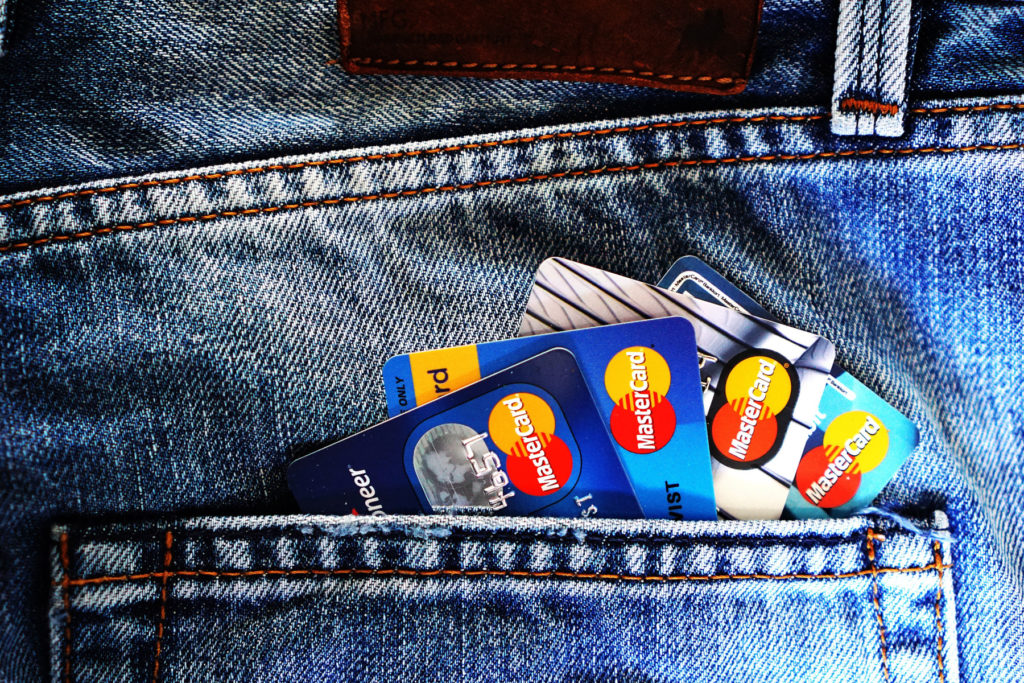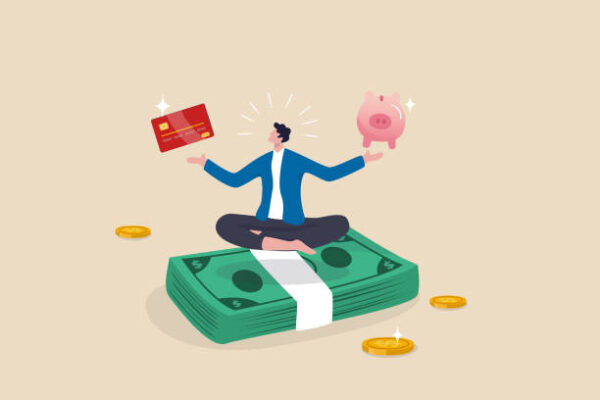A good credit score helps you to make the moves you want to make. You will need a good score while you are searching for an apartment to rent or requesting a business loan from a bank. If you’re single and not earning a $100k annual salary, but you don’t want to live in your Nana’s gazebo then you might like to pay attention to your credit score. It is required that you have financial insight and enough self-discipline to make sure your credit cards are working for you and not against you.
A good credit score gives you options
A good credit score gives you options. If you’re losing opportunities because of you low credit score you might want to change your habits. The next time you’re at the checkout ask yourself, ‘What am I buying?’, ‘Who am I buying this for?’, and ‘Where can I buy this for less?’ A low credit score no longer needs to be a problem for you, and you don’t need to be rich to establish good habits that will help you improve your credit score. It is possible to raise your score even 100 points in just a few short months.
A good credit score is a display of good debt management
By now, we are all well aware that money is a limited resource. In many ways, your credit score depicts how well you manage debt. First, you don’t want too much debt. It’s not a good feeling being overwhelmed by credit card bills with a tight bank account. Properly managing debt is a reality of personal finance.
A good score is a result of good habits
The financial impact of a higher credit score is significant. A higher score will save you money from payments on interest rates and makes it easier to get approval for loans.
Credit bureaus determine your eligibility for credit by several different factors, including credit history, utilization, and payments. Credit bureaus update reports monthly, so you will want to start making good habits now.

Here are 5 good habits for improving your credit score
Start Budgeting – Properly managing your finances will reflect itself in your credit score. You do not want to overspend. Decide how much you will spend on your credit card and don’t go over. If you have a high balance, you will want to slow your spending and pay down.
Never Miss a Payment – If you want to see any progress on your credit score at all, never miss a payment. When you miss payments, you’re making a statement about yourself. Also, you want to avoid late fees. This makes using your credit card more expensive and more challenging to save money. In fact, missing payments is a quick way to lower your score.
Pay more than the minimum – Be proactive with your personal finances. If you have an outstanding balance for more than two months, be aggressive. You want to avoid excessive interest payments, as this leads to debt. After you’ve made a budget figure out what you can afford and put that to your balance.
Don’t overthink it, Automate! – Make a habit of being on the safe side. Have an automatic payment scheduled for each month at least one week before the due date. This will give you time to troubleshoot in the case of the unexpected.
Read Billing Statements – It’s good to self-reflect. When reading over your billing statement, ask yourself ‘What you bought’, ‘ Who you bought it for it’ and ‘Where you could have bought it cheaper?’ It’s also a good habit to have for finding errors.
If you want to improve your credit score, make these your habits today. The first step is understanding what makes up a good credit score and then making good habits. It is never too late to start building a great credit history. It is important to understand the significance of having a good credit score and the many ways it can impact your life. You don’t need to be an expert, you only need to be smart with your credit card.


Very resourceful. I’ve been working on mine and it’s coming along. Good read and thank you for this article.
Thanks.